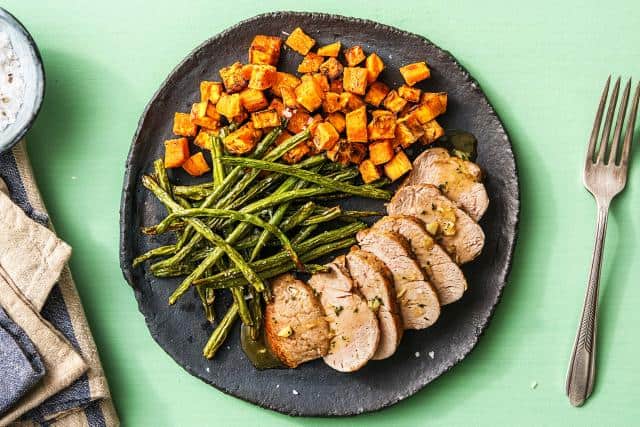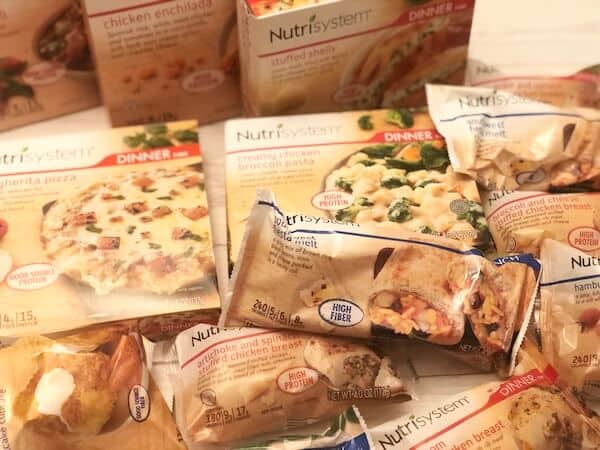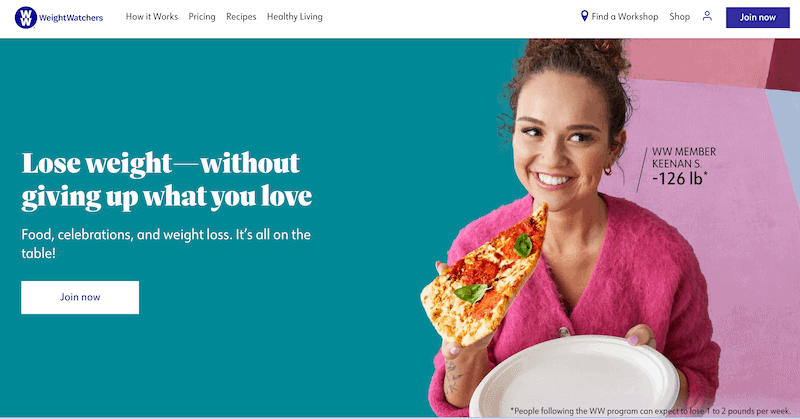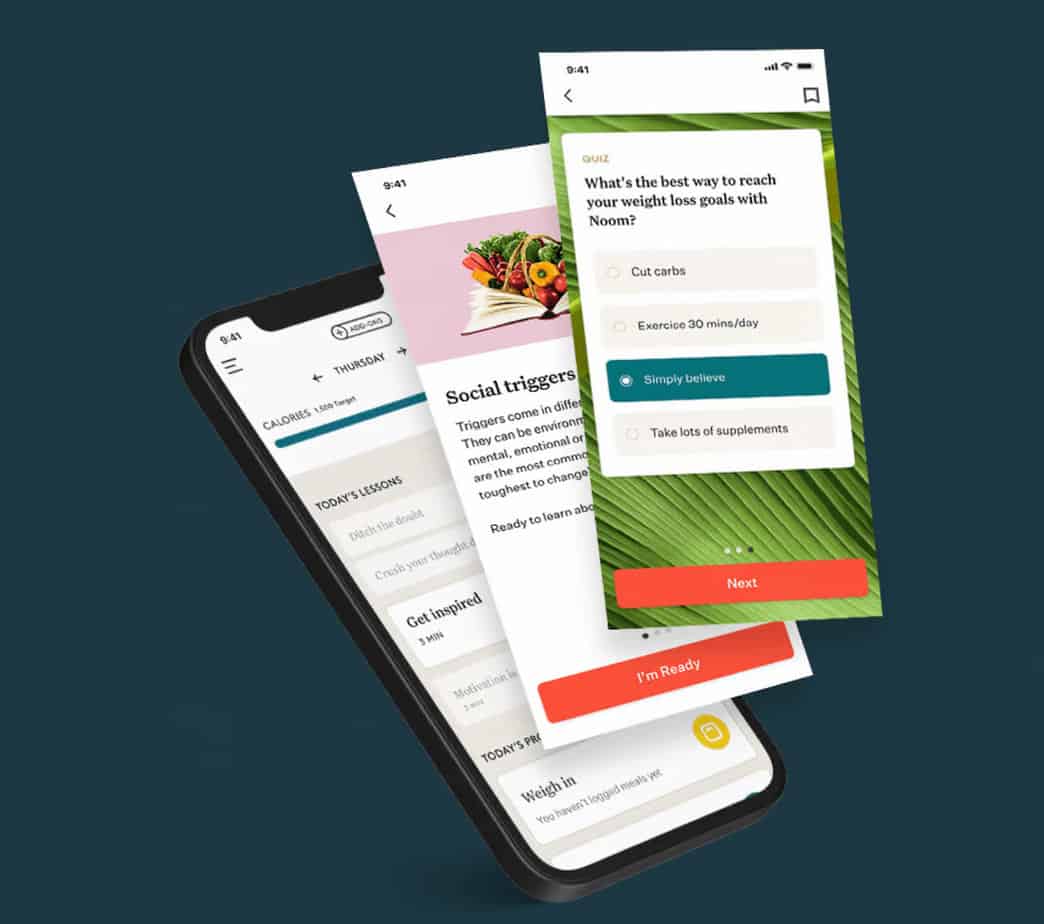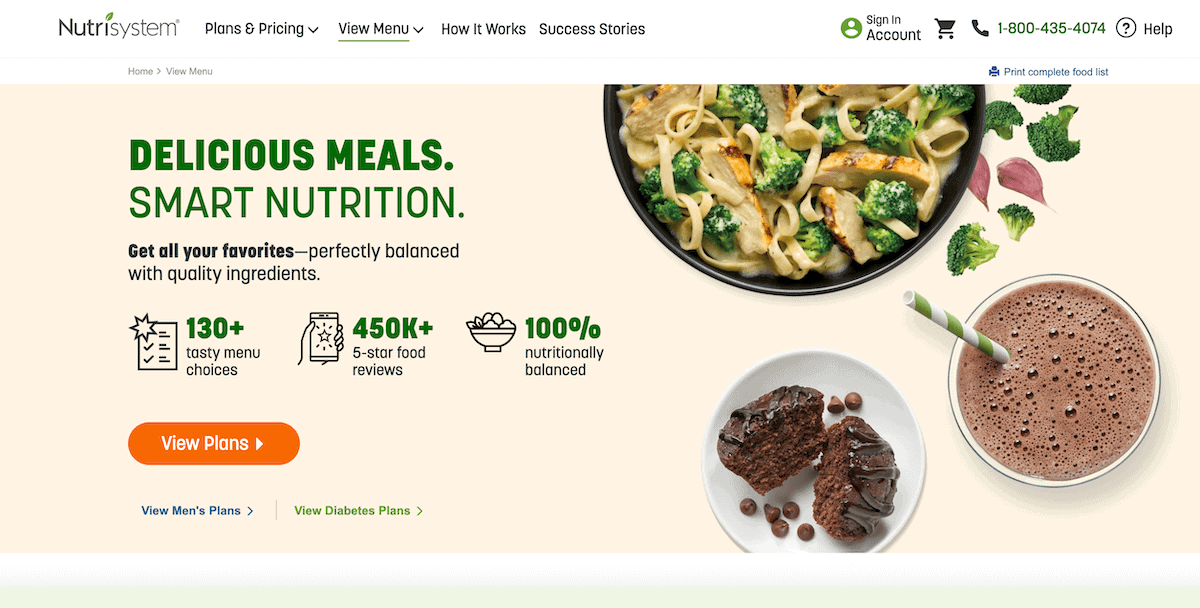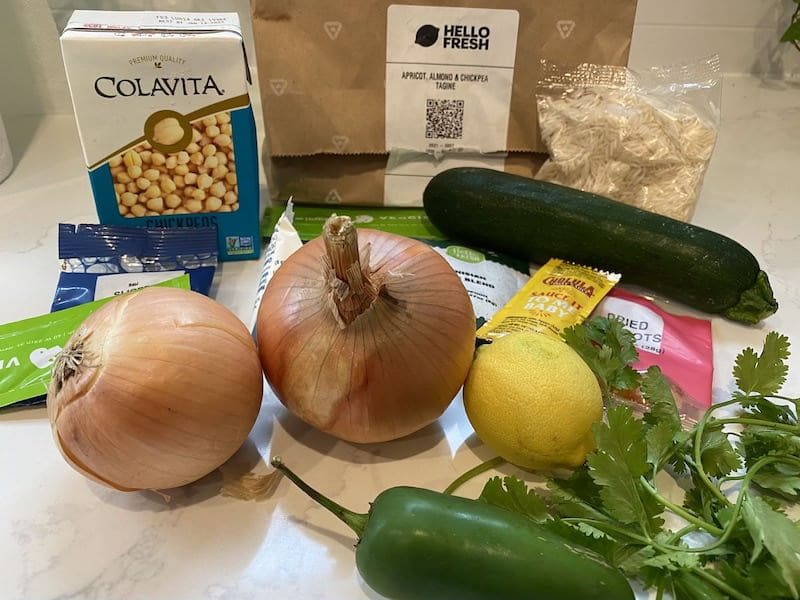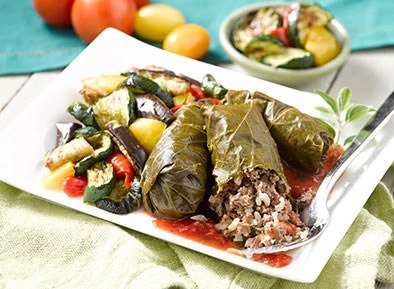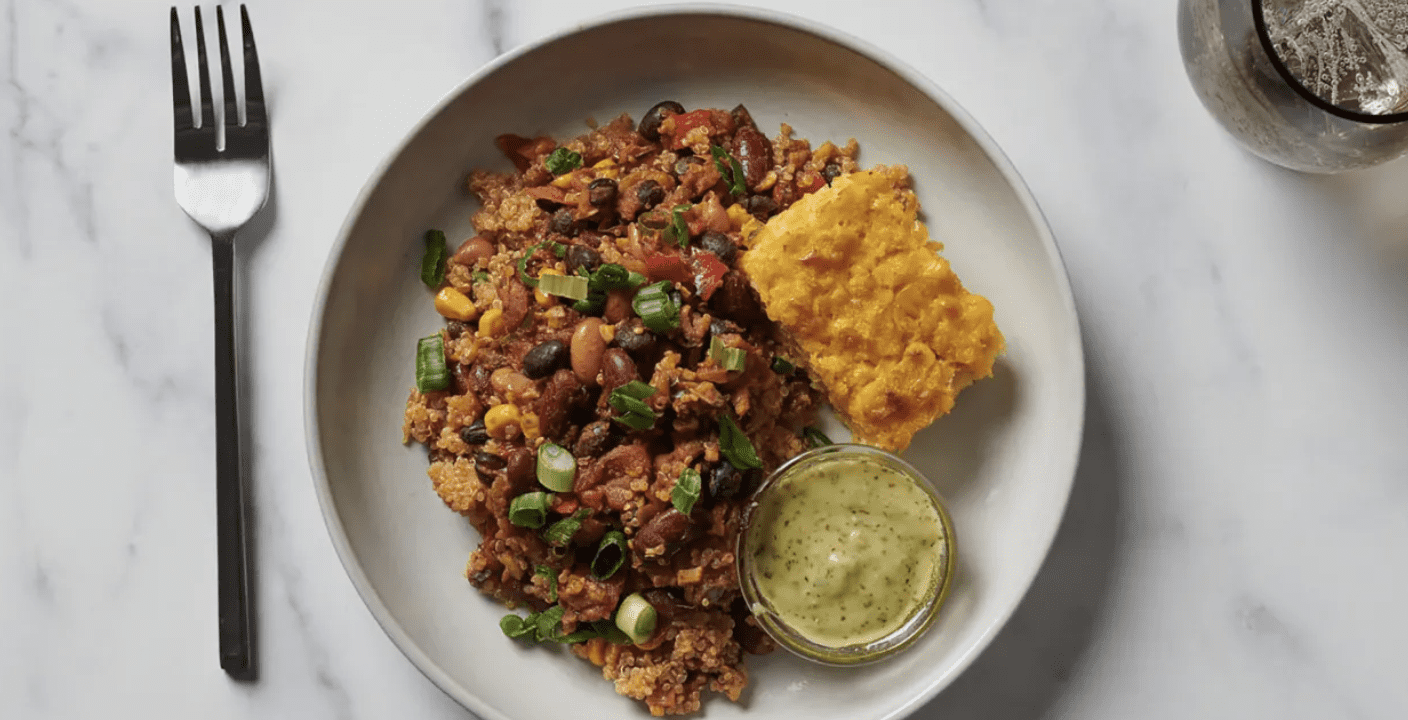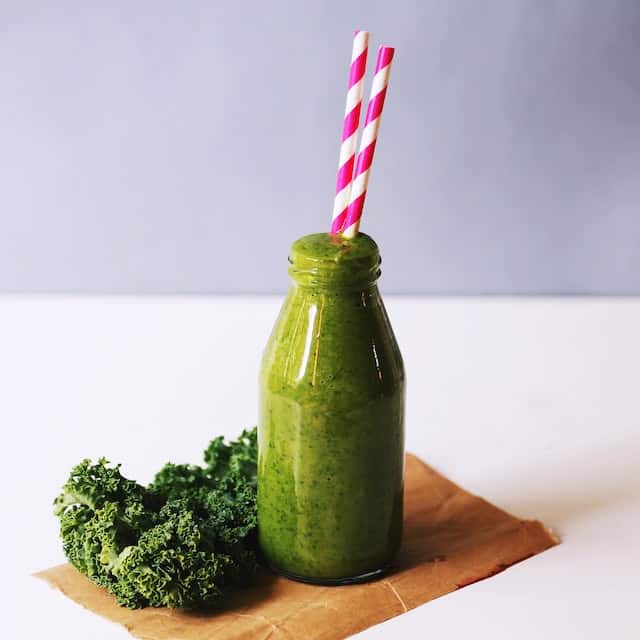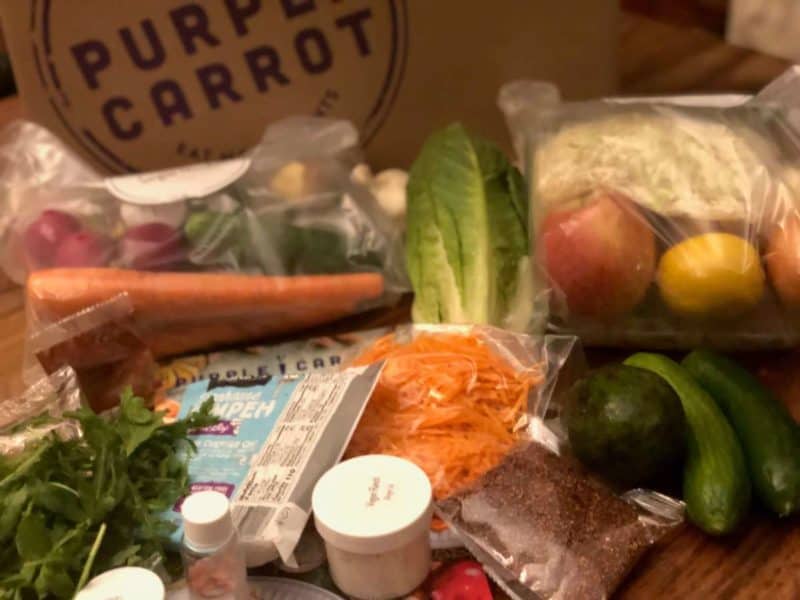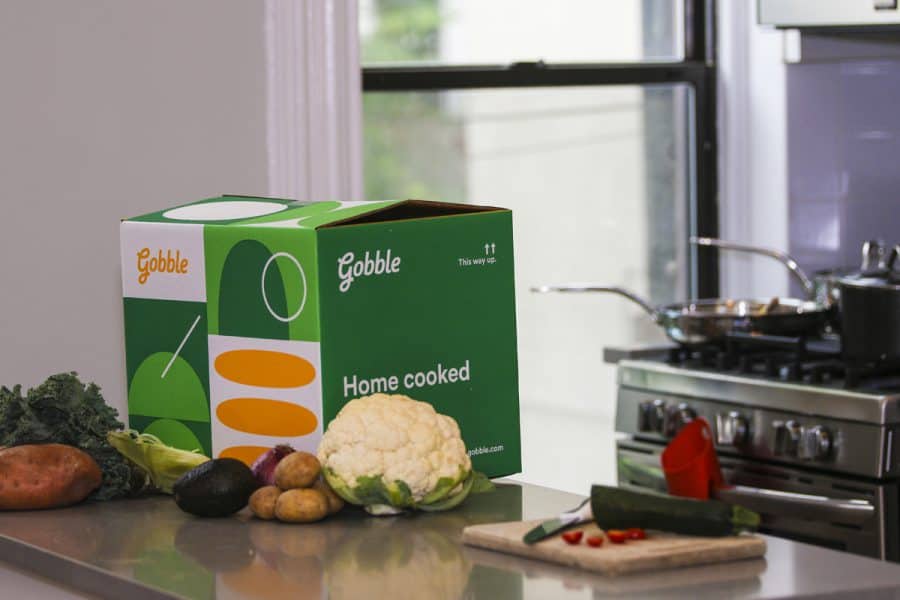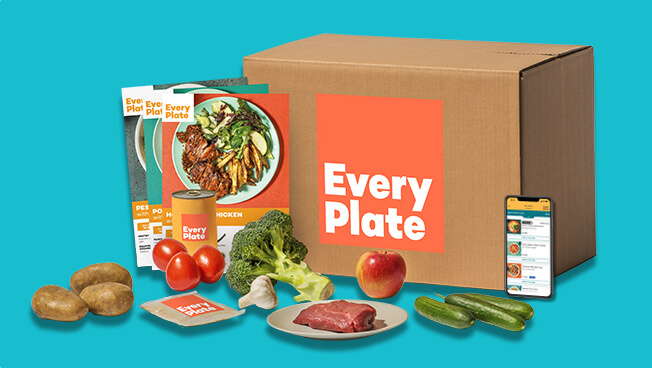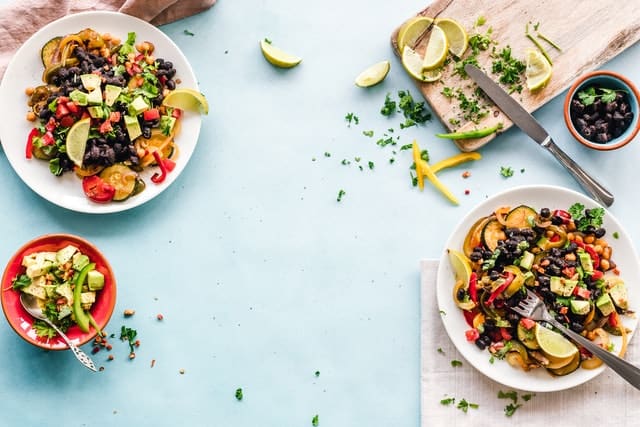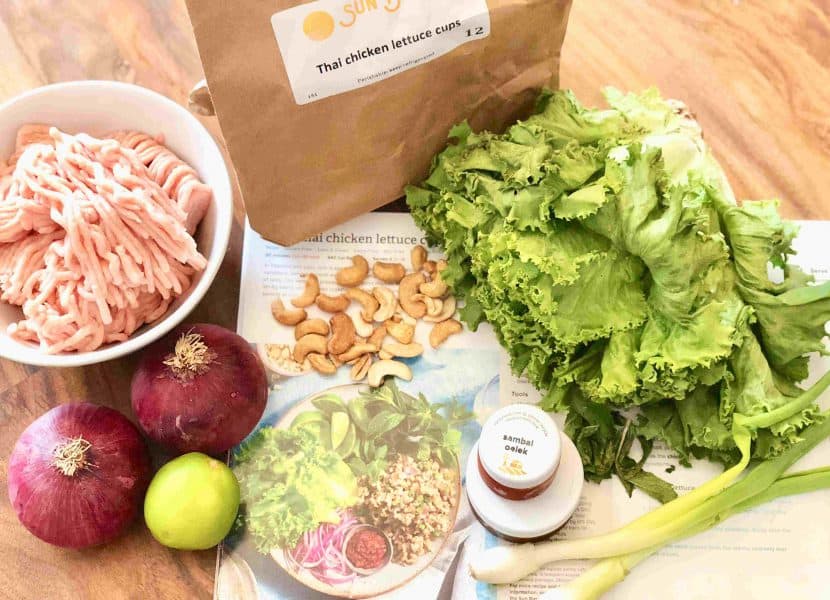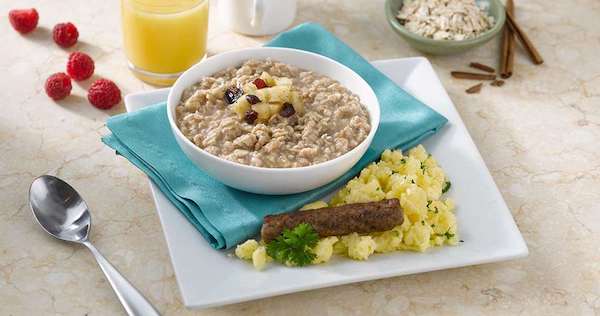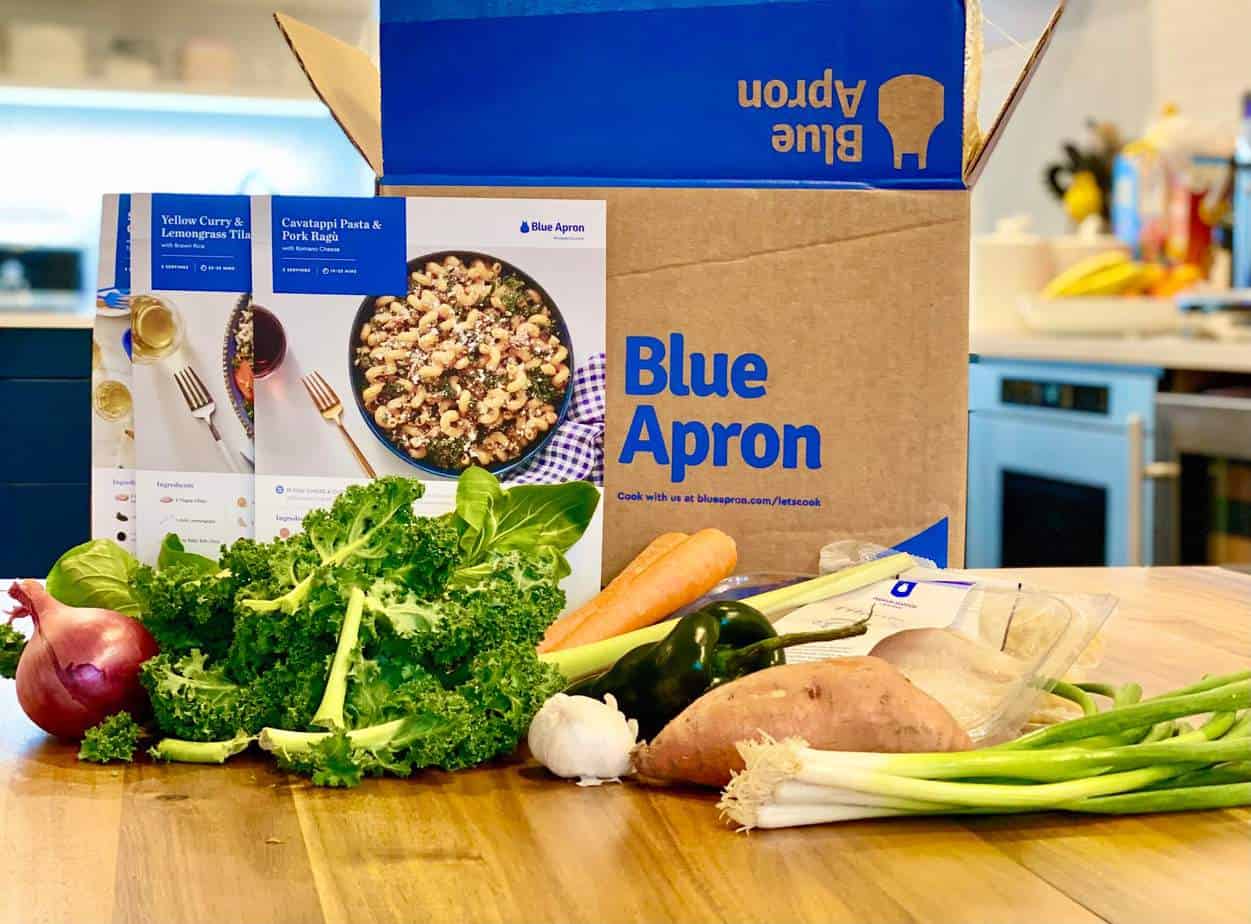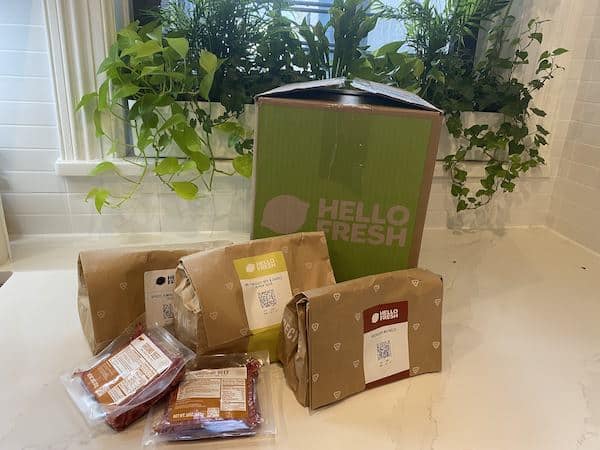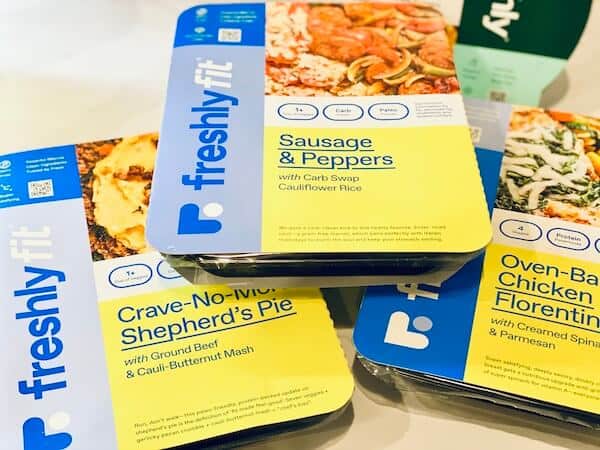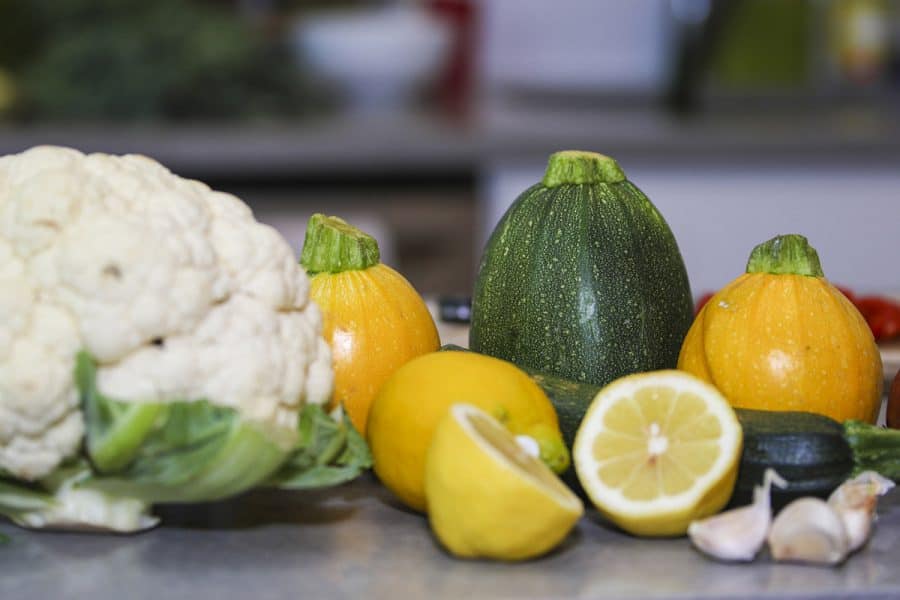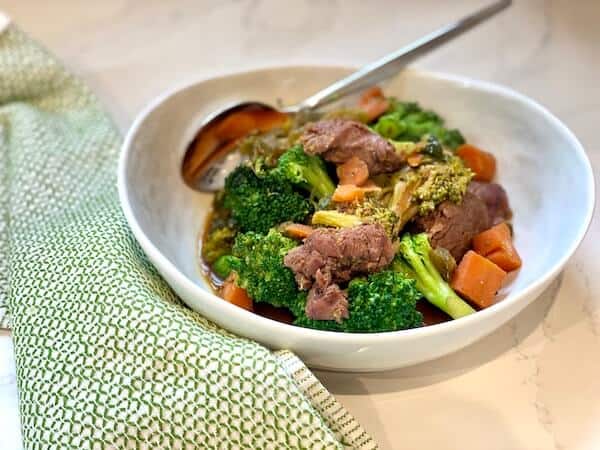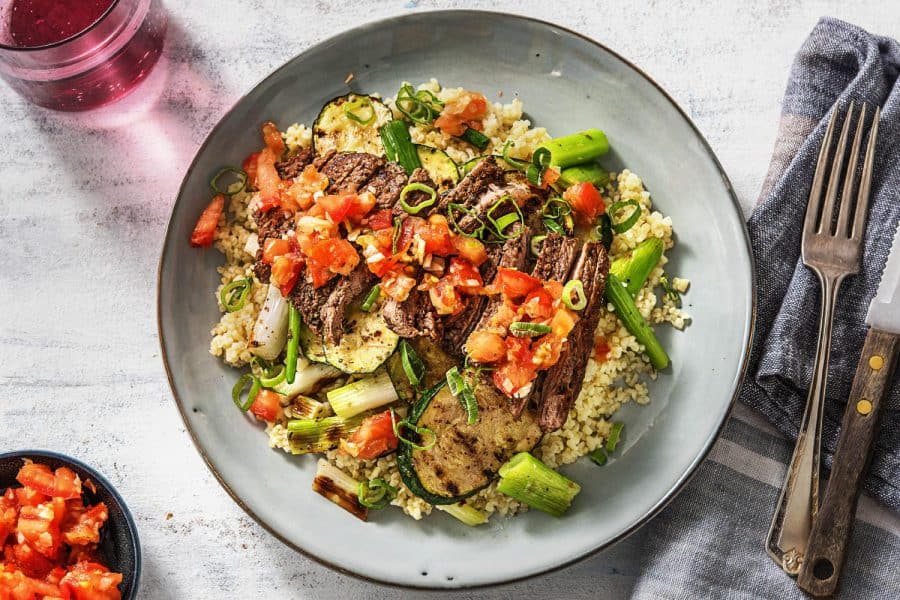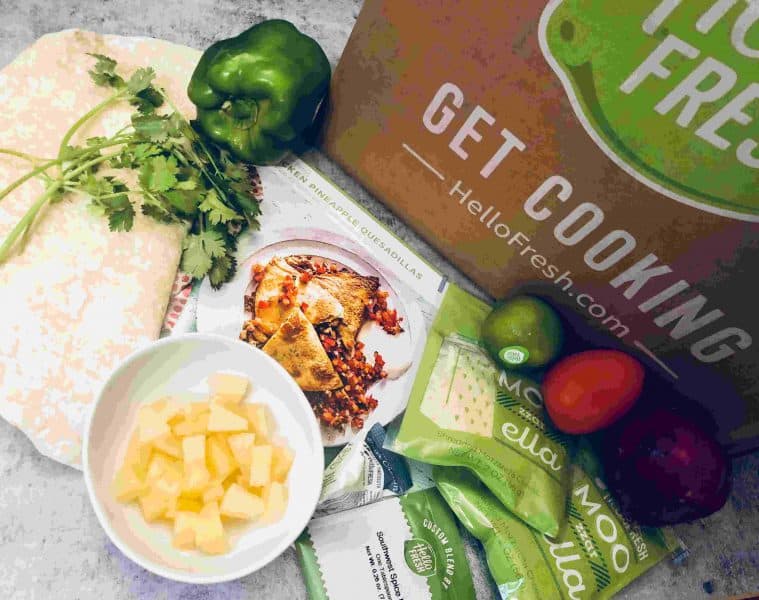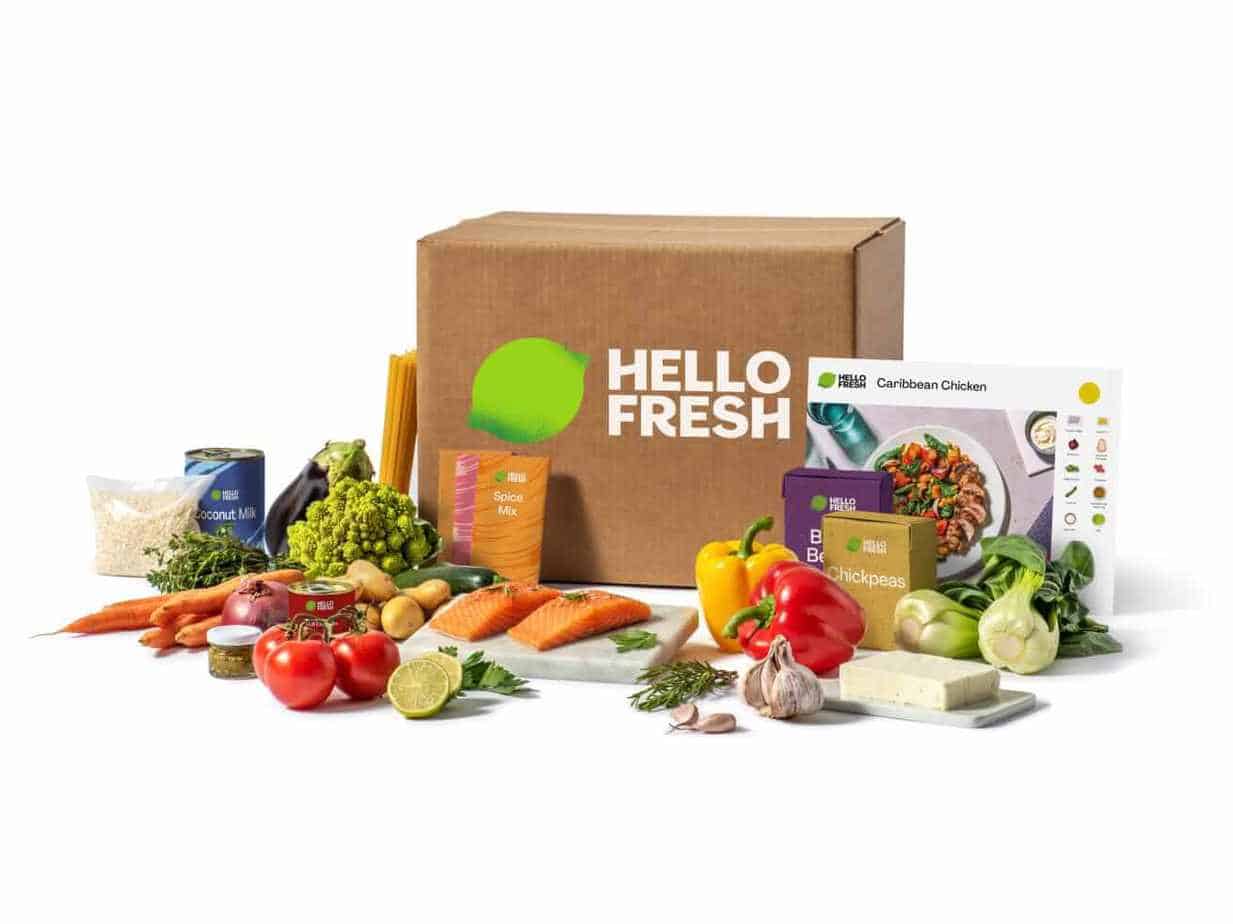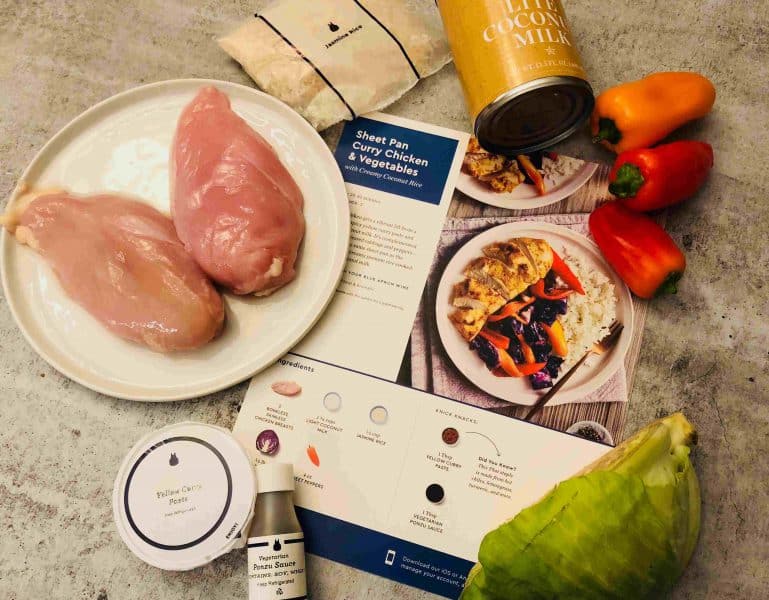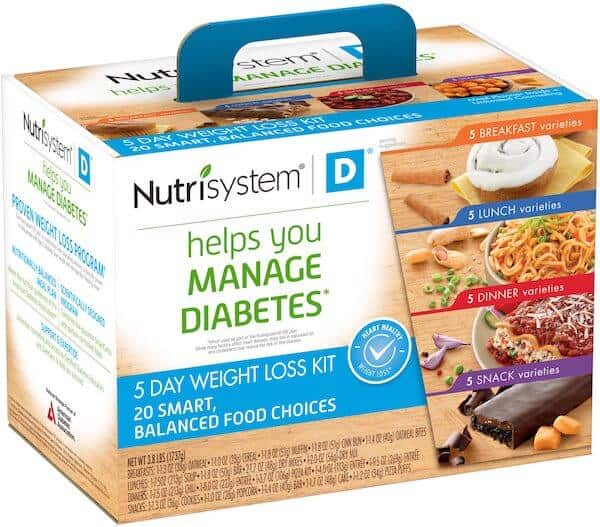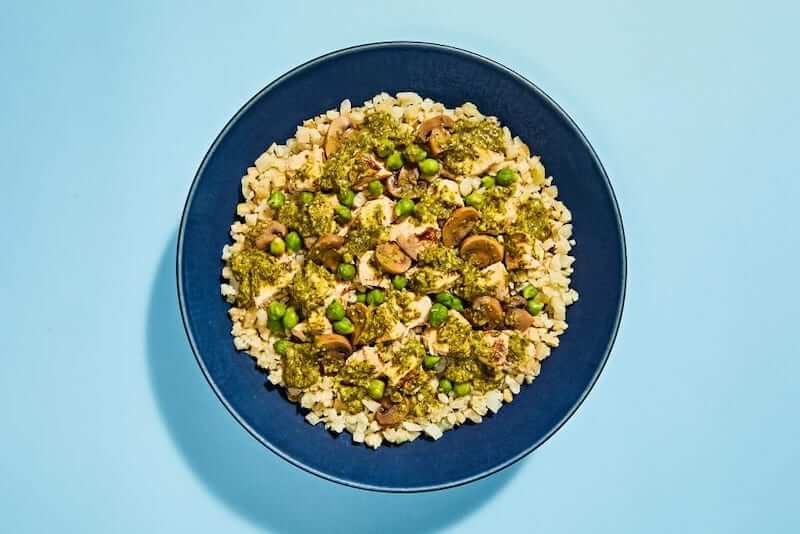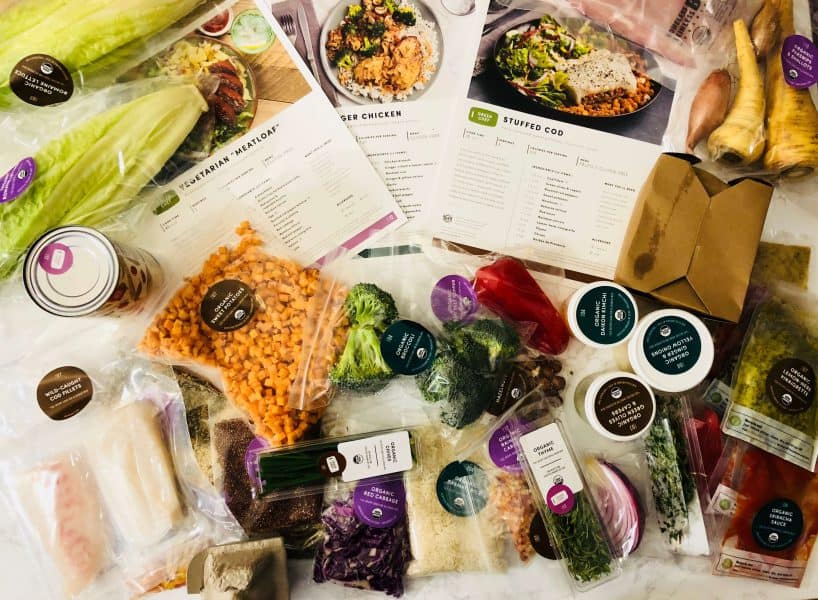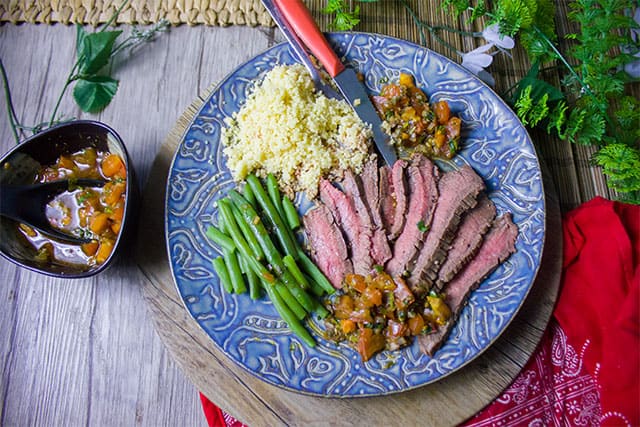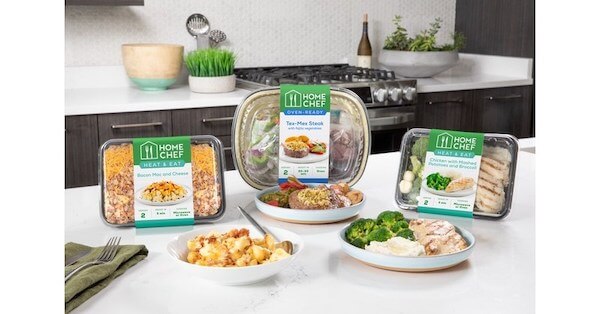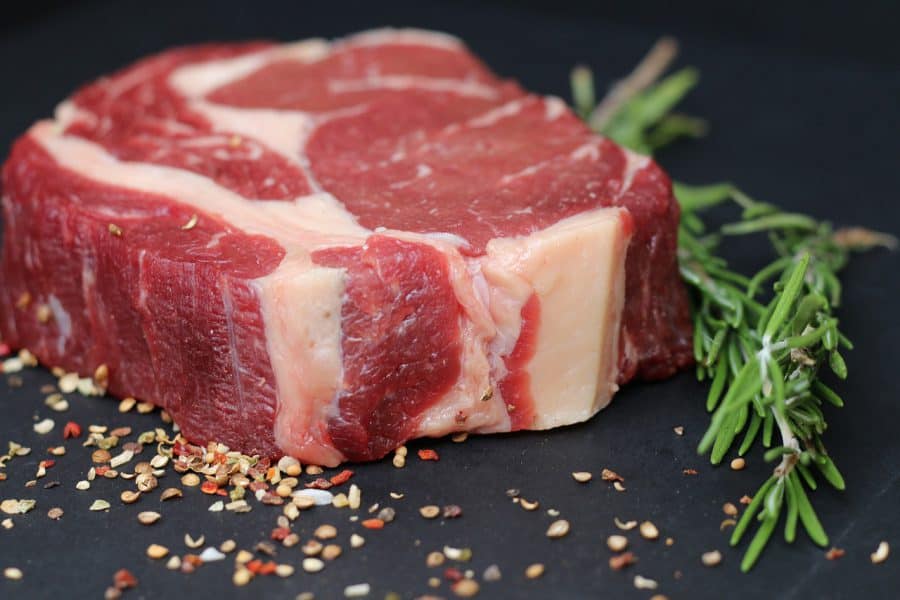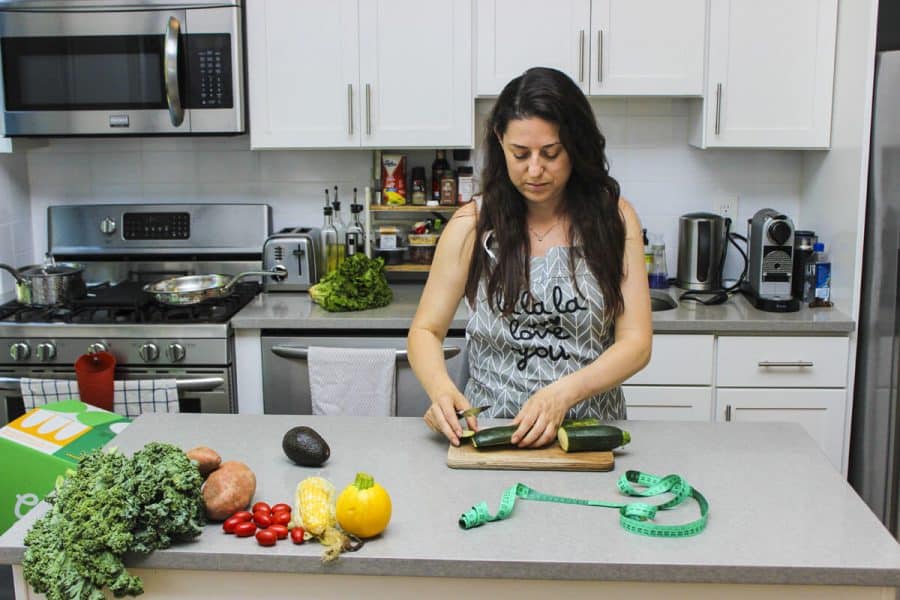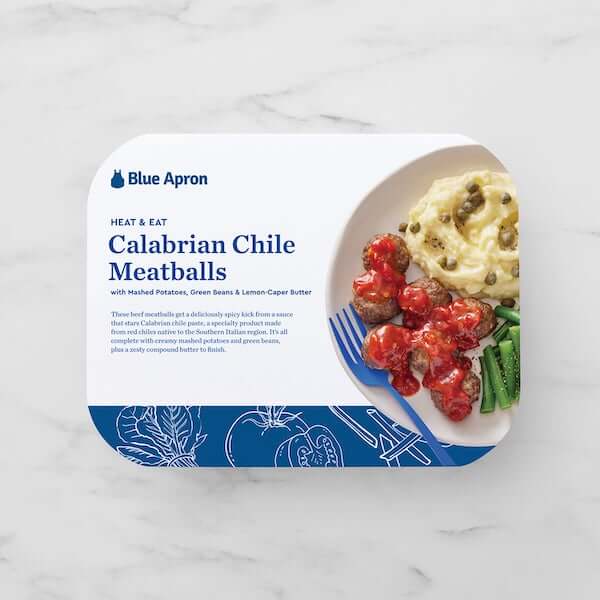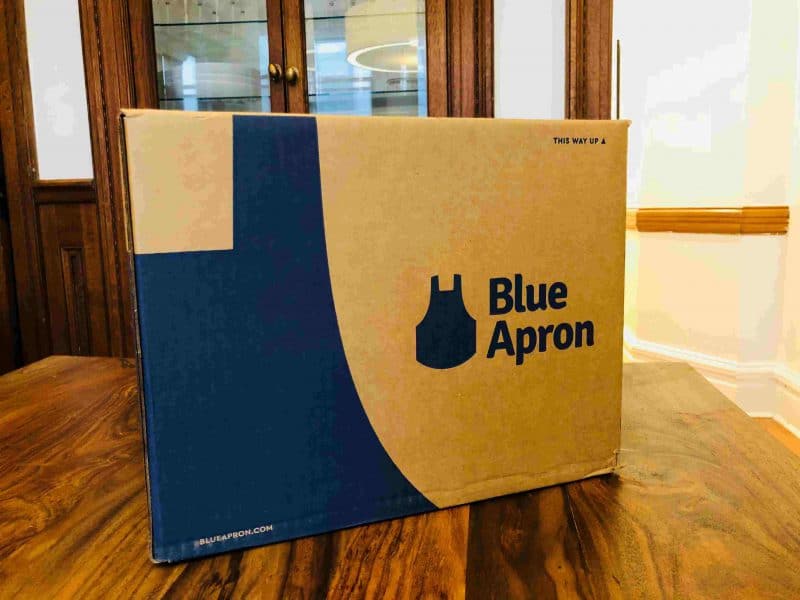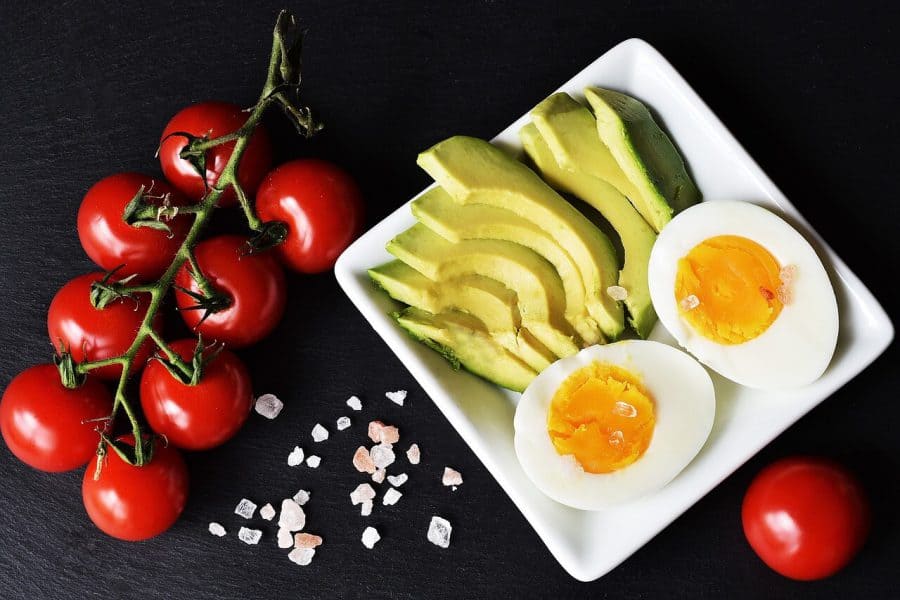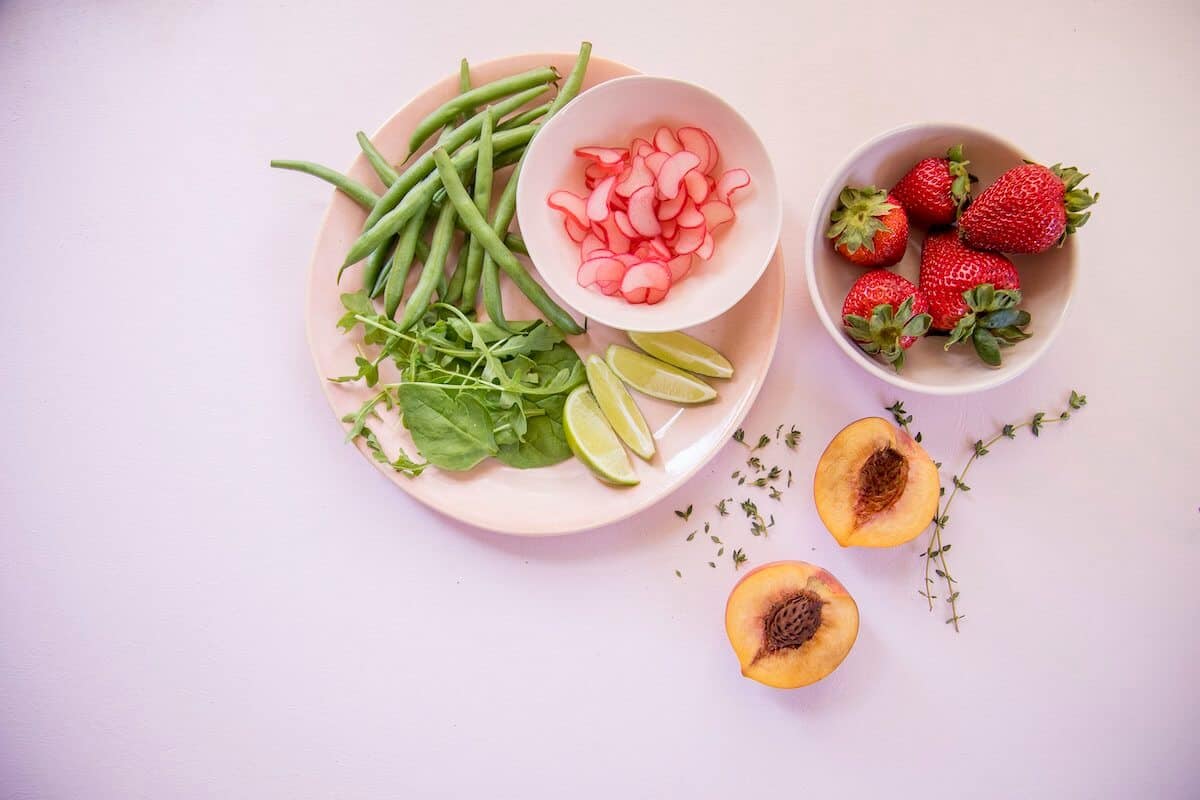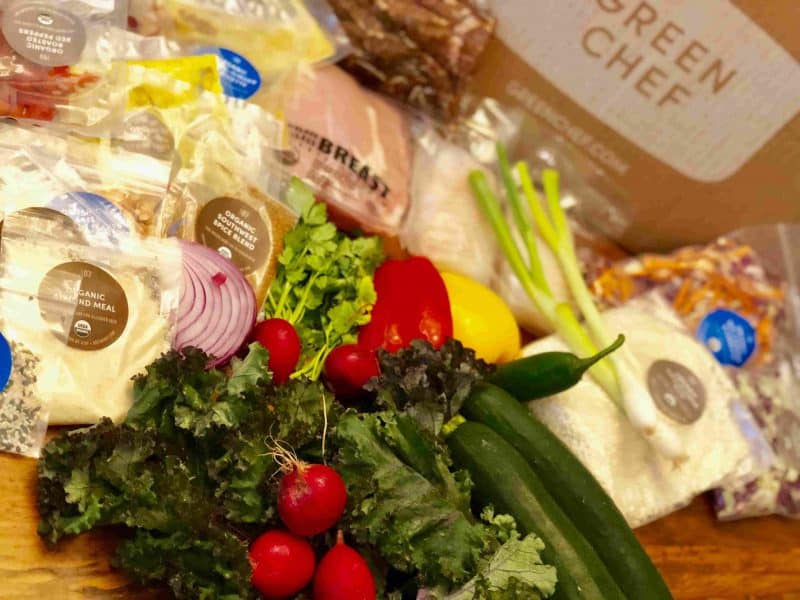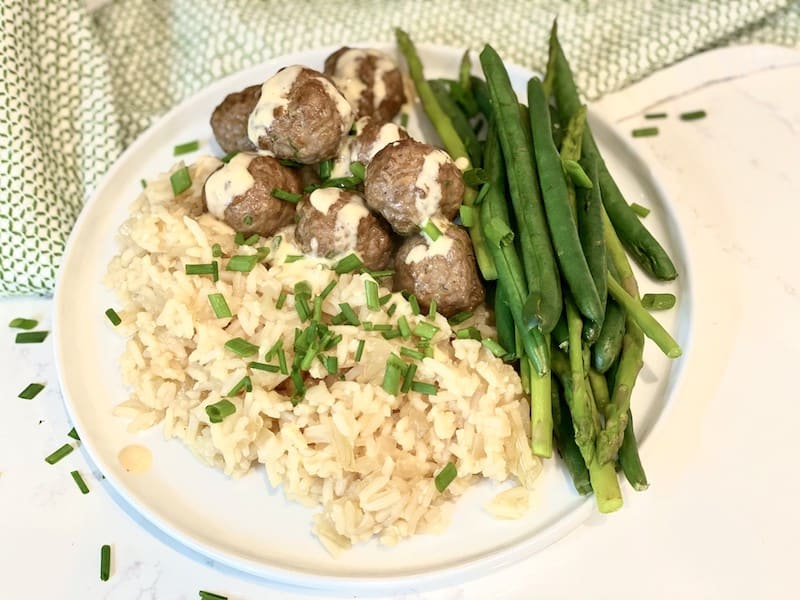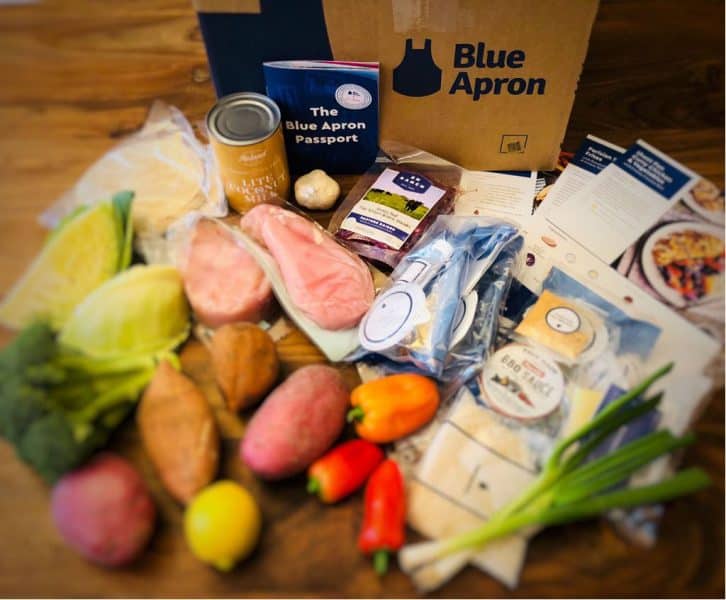Vegetarianism has been around for centuries and is becoming more popular every day.
There are many reasons why people choose to follow a vegetarian diet, including health benefits, environmental concerns, and ethical considerations.
But is a vegetarian diet right for you?
This article will discuss the pros and cons of vegetarianism and provide tips for maintaining a healthy vegetarian diet.
What Is Vegetarian Diet?
A vegetarian diet does not include meat, poultry, or fish. Vegetarians may eat dairy products and eggs, but some do not. Some vegetarians also do not eat foods that come from animals, such as honey.
There are many reasons why people choose to follow a vegetarian diet. For some, it is a way to reduce their impact on the environment.
Others believe that it is a more humane way to eat, as it does not involve killing animals. Some people follow a vegetarian diet for health reasons, as it can lower their risk of some chronic diseases.
If you are thinking about following a vegetarian diet, there are a few things to keep in mind.
First, you will need to make sure that you are getting all the nutrients your body needs. This means eating a variety of fruits, vegetables, whole grains, and proteins.
Second, you will need to cook most of your own meals, as many restaurants do not have vegetarian-friendly options.
Finally, you will need to be prepared for some people to not understand your decision to follow a vegetarian diet. They may ask you why you are doing it or try to convince you to eat meat.
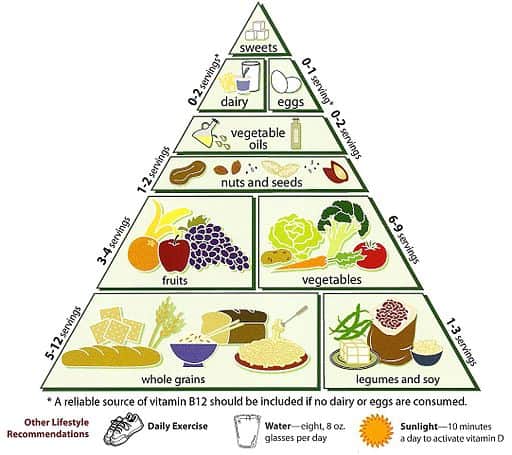
Top 3 Vegetarian Meal Delivery Services


Benefits Of the Vegetarian Diet
The vegetarian diet has many benefits that are often overlooked.
Healthier Than Meat-Based Diet
For one, it is much healthier for you than a meat-based diet. A vegetarian diet is typically lower in fat and cholesterol and higher in fiber and nutrients.
This type of diet can help reduce your risk of heart disease, stroke, cancer, and other chronic illnesses.
Lose Weight and Stay Slim
A vegetarian diet can also help you lose weight and stay slim. Meat is high in calories and fat, so eliminating it from your diet can help you shed pounds.
And since a vegetarian diet is usually higher in fiber, you’ll feel fuller longer and be less likely to snack between meals.
Good for the Environment
Eating a vegetarian diet is also good for the environment. Raising livestock requires a lot of resources, including water, land, and food.
This can lead to deforestation, soil erosion, and pollution. By eating less meat, you can help reduce the demand for these resources.
Promote Bone Health
A vegetarian diet can promote bone health. This is because vegetarian diets are often high in calcium and vitamin D, which are two nutrients that are important for bone health.
Additionally, a vegetarian diet can also help to reduce the risk of osteoporosis, a condition that causes bones to become weak and brittle.
Decreases Asthma Symptoms
A vegetarian diet has been shown to decrease asthma symptoms in both children and adults. A large study of over 60,000 people found that vegetarians were 32% less likely to suffer from asthma than non-vegetarians.
Asthma is a common chronic inflammatory disease of the airways characterized by recurrent episodes of wheezing, shortness of breath, chest tightness, and coughing. The symptoms are usually worse at night or in the early morning. Asthma is caused by a combination of genetic and environmental factors.
Disadvantages Of the Vegetarian Diet
The vegetarian diet has some disadvantages that should be considered before making the switch.
These include:
-Potential nutrient deficiencies: Without meat, vegetarians may not get enough of certain nutrients like iron and vitamin B12.
-Higher risk of foodborne illness: Lacking variety in their diets can make vegetarians more susceptible to foodborne illnesses.
-Higher cost of food: Meatless meals tend to be more expensive than those that include meat.
-Social challenges: Dining out and social gatherings can be difficult for vegetarians, as they may have limited food options available to them.
How To Maintain Vegetarian Diet?
There are a few things you can do to make sure you stick to your vegetarian diet.
First, make sure you have a variety of food options available. This way, you won’t get bored with your food and be more likely to cheat on your diet.
Second, cook at home as much as possible. This way, you can control what goes into your food and make sure that it meets your dietary requirements.
Finally, be prepared for social situations. If you know you’ll be going out to eat with friends or family, make sure to have a few options in mind so that you can still enjoy yourself without compromising your diet.
A Week Plan For Vegetarian Diet
If you are a vegetarian, then you might be searching for a diet plan that can help you stay healthy and fit. There are various types of vegetarian diets available, but it is important to choose the one that suits your needs and requirements.
Here is a week-long vegetarian diet plan that you can follow:
Monday
Breakfast: A bowl of healthy oats. You can top it up with some fruits and nuts to make it more nutritious.
Lunch: A veggie wrap or a salad. Make sure to include plenty of vegetables and a source of protein in your meal.
Dinner: A vegetarian stir-fry or pasta. Include a variety of vegetables and protein in your dish.
Tuesday
Breakfast: A bowl of fruit salad or yogurt. You can also include some whole grain toast in your meal.
Lunch: Vegetable soup or a grilled cheese sandwich. Include a side of salad or fruits in your meal.
Dinner: Baked potatoes with beans or lentil soup. Include a green salad in your meal.
Wednesday
Breakfast: A nutritious smoothie made with fruits and vegetables. You can also include some protein powder in your smoothie.
Lunch: A quinoa salad or roasted vegetables. Make sure to include plenty of vegetables and a source of protein in your meal.
Dinner: A vegetarian chili or pasta. Include a variety of vegetables and protein in your dish.
Thursday
Breakfast: Omelet or scrambled eggs. You can include vegetables and cheese in your eggs.
Lunch: A veggie wrap or a salad. Make sure to include plenty of vegetables and a source of protein in your meal.
Dinner: Grilled vegetables or roasted potatoes. Include a side of salad or fruits in your meal.
Friday
Breakfast: A bowl of healthy oats. You can top it up with some fruits and nuts to make it more nutritious.
Lunch: A veggie burger or a bean soup. Include a side of salad or fruits in your meal.
Dinner: Pizza or pasta with vegetables. Make sure to include plenty of vegetables in your dish.
Saturday
Breakfast: A bowl of fruit salad or yogurt. You can also include some whole grain toast in your meal.
Lunch: Vegetable soup or a grilled cheese sandwich. Include a side of salad or fruits in your meal.
Dinner: Baked potatoes with beans or lentil soup. Include a green salad in your meal.
Sunday
Breakfast: A nutritious smoothie made with fruits and vegetables. You can also include some protein powder in your smoothie.
Lunch: A quinoa salad or roasted vegetables. Make sure to include plenty of vegetables and a
source of protein in your meal.
Dinner: A vegetarian chili or pasta. Include a variety of vegetables and protein in your dish.
Conclusion
So, these are some of the things that you should know about the vegetarian diet. It has its own set of benefits and disadvantages, which you should be aware of before making the switch.
With proper planning and execution, a vegetarian diet can be a healthy and sustainable option for you. Give it a try and see for yourself!



